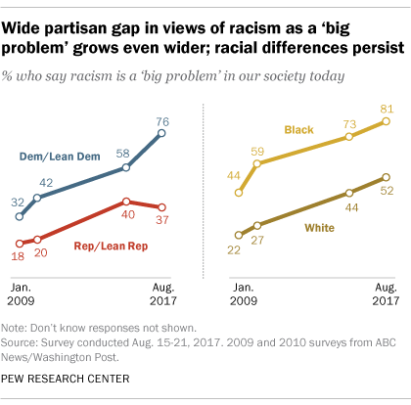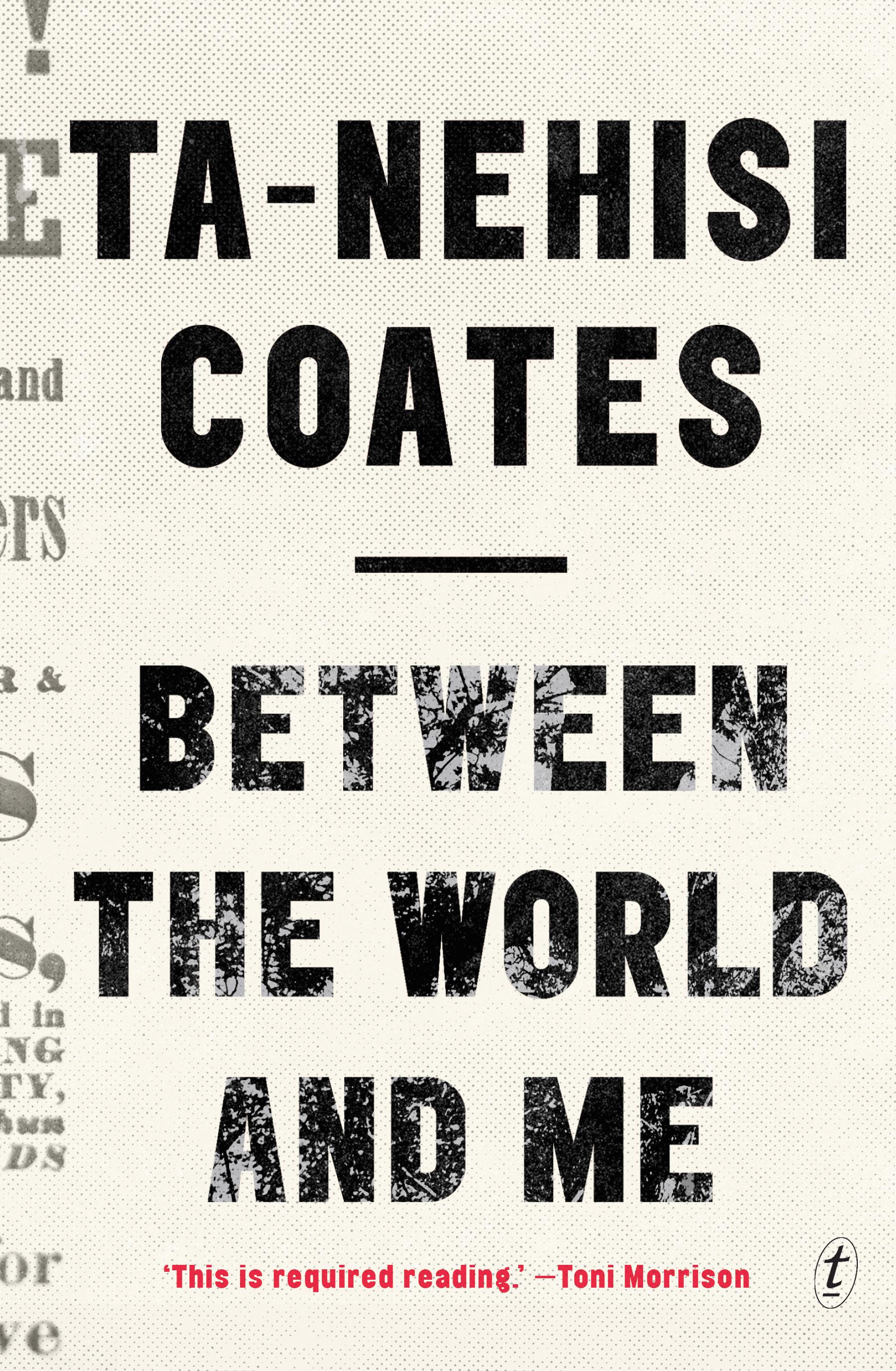 Caste: The Origins of Our Discontents by Isabel Wilkerson
Caste: The Origins of Our Discontents by Isabel WilkersonThere's a question that pops up now and again. About whether, if you lived in the era of slavery, or as a German during the Third Reich, if you would be the kind of person to go against the grain-- to stand for human dignity and freedom.
We like to think we'd be the exception.
But most of us would be the rule.
I think I shared this book's overall viewpoint, but I learned things new to me about the history of racism and slavery in America, some ugly and breath-taking details about the immense evils done to black people in this country. You can know it's bad and still get sucker-punched with a fresh realization of just how bad it is. And it is distressing to know how difficult, how dangerous it was for people of goodwill to step outside that system.
I worry there are evils that I am now complicit with that I don't even recognize because I am immersed in them. All I can try to do is evaluate the day-to-day details of my own life and work to act as humanely as possible in every situation -- even when doing so isn't to my advantage.
Wilkerson writes:
"We are, each of us, responsible for every decision we make that hurts or harms another human being. We are responsible for recognizing that what happened in previous generations at the hands of or to people who look like us set the stage for the world we now live in and that what has gone before us grants us advantages or burdens through no effort or fault of our own, gains or deficits that others who do not look like us often do not share."
I must try to do better.
(Via Goodreads)









